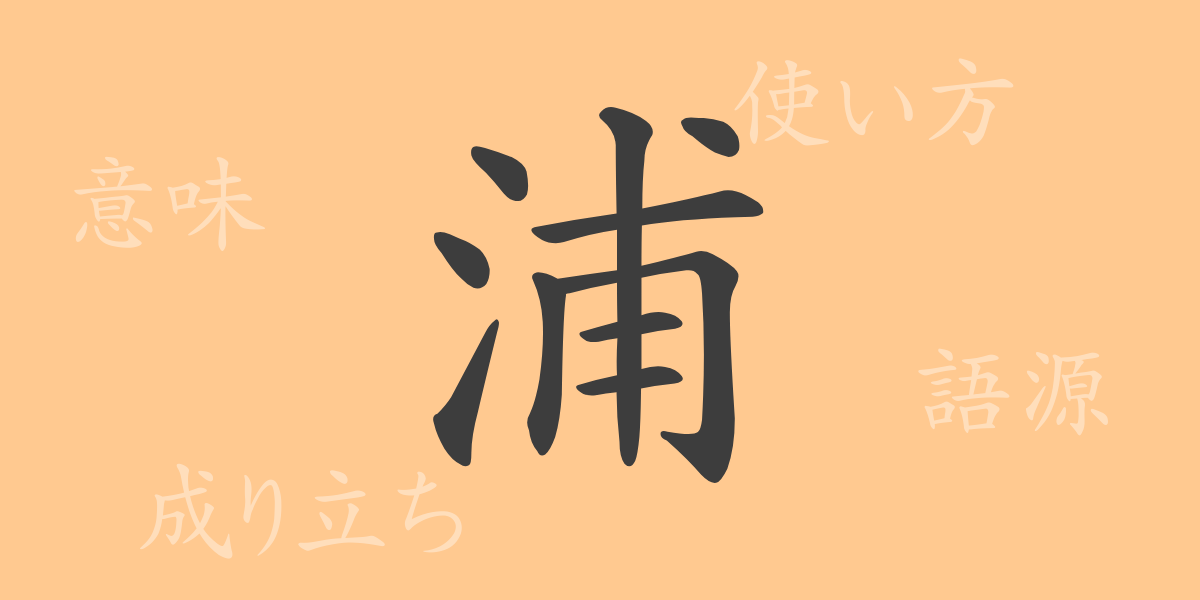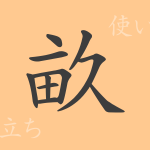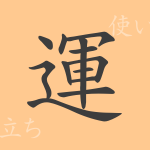“
Kanji characters rooted in Japanese culture are imbued with deep meaning and history in each and every character. The kanji “”浦”” ( ura) is no exception. In this article, we delve into the charm of the kanji “”浦””, from its origin to its modern usage, as well as compound words and idioms. Please enjoy the world of “”浦””, which reflects the nature and poetic sentiment of Japan.
The Origin of 浦 (ura)
The kanji “”浦”” is said to have originated from ancient characters meaning waterside terrain. It combines the element “”氵”” (sanzui), meaning water, with “”甫””, which also indicates terrain, and has been used to refer to flat areas along the water’s edge, such as “”beaches”” or “”curved riverbanks””. In the past, it also meant settlements along the sea or river, and due to its close relationship with people’s lives, it is used in many place names.
The Meaning and Usage of 浦 (ura)
“”浦”” refers to the shore of the sea or river, especially inlets or small bays. It can also be used metaphorically to mean a quiet place far from human habitation. In terms of usage, it is frequently used to represent place names or geographical features, and its characteristics are reflected in place names such as “”○○浦”” found throughout Japan.
Reading, Stroke Count, and Radical of 浦 (ura)
To accurately understand the kanji “”浦””, it is important to know its reading, stroke count, and radical.
- Reading: The on’yomi reading is “”Ho”” , and the kun’yomi reading is “”Ura”” .
- Stroke Count: “”浦”” has a total of 10 strokes.
- Radical: The radical is “”Sanzui”” , and it is classified as a kanji related to water.
Compound Words, Idioms, and Proverbs Using 浦 ( ura) and Their Meanings
Compound words, idioms, and proverbs containing “”浦”” create rich expressions in the Japanese language. For example, “”浦島太郎”” (Urashima Tarō) refers to an unchanging appearance that makes one unaware of the passage of time, while “”浦山”” ( urayama) refers to a remote mountainous area. These expressions reflect the delicate sensibilities of the Japanese people toward nature and time.
Conclusion on 浦 (ura)
The meaning contained in a single kanji character is like a mirror reflecting the culture and history of a country. The kanji “”浦”” is deeply rooted in Japan’s natural scenery and people’s lives, and its usage spans from ancient times to the present day. The use of “”浦”” in place names, compound words, and proverbs symbolizes the richness of the Japanese language and will continue to be cherished by many people in the future.
“

























